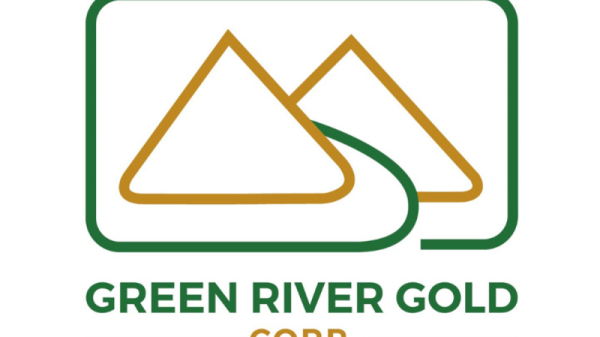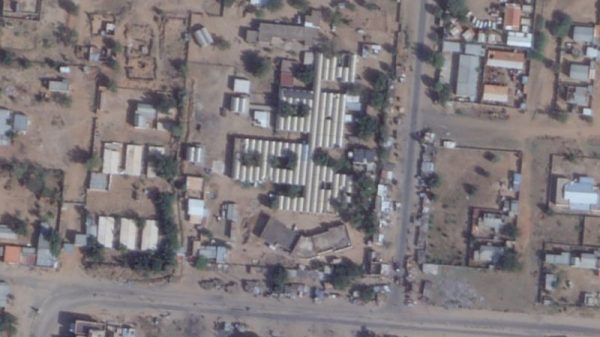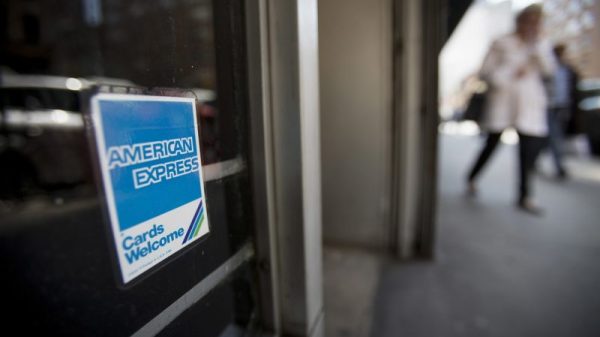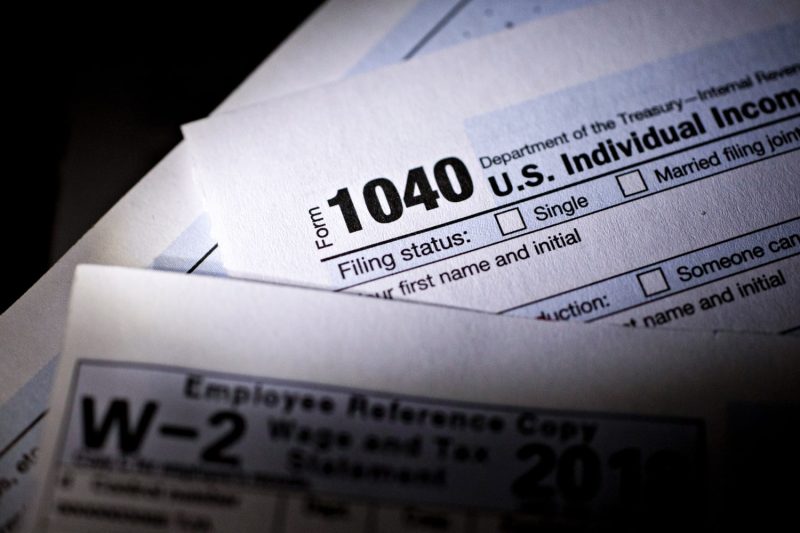The IRS plans to issue automatic “special payments” of up to $1,400 to 1 million taxpayers starting later this month, the agency announced last week.
The payments will go to individuals who did not claim the 2021 Recovery Rebate Credit on their tax returns for that year and who are eligible for the money.
The Recovery Rebate Credit is a refundable tax credit provided to individuals who did not receive one or more economic impact payments — more popularly known as stimulus checks — that were sent by the federal government in the wake of the Covid-19 pandemic.
The maximum payment will be $1,400 per individual and will vary based on circumstances, according to the IRS. The agency will make an estimated total of about $2.4 billion in payments.
“Looking at our internal data, we realized that one million taxpayers overlooked claiming this complex credit when they were actually eligible,” IRS Commissioner Danny Werfel said in a statement. “To minimize headaches and get this money to eligible taxpayers, we’re making these payments automatic, meaning these people will not be required to go through the extensive process of filing an amended return to receive it.”
The new payments are slated to be sent out automatically in December. In most cases, the money should arrive by late January, according to the IRS.
Eligible taxpayers can expect to receive the money either by direct deposit or a paper check in the mail. They will also receive a separate letter notifying them about the payment.
Direct deposit payments will go to taxpayers who have current bank account information on file with the IRS.
If eligible individuals have closed their bank accounts since their 2023 tax returns, payments will be reissued by the IRS through paper checks to the mailing addresses on record. Those taxpayers do not need to take action, according to the agency.
The payments are only going to taxpayers who qualify for the 2021 Recovery Rebate Credit — particularly individuals who filed a 2021 tax return but who did not claim the Recovery Rebate Credit even though they were eligible, either by leaving that data field blank or entering $0.
Taxpayers who haven’t filed 2021 tax returns still have a chance to claim the credit. However, they must file by April 15, 2025, to claim the credit and any other refunds they are owed.
Claiming the Recovery Rebate Credit will not count as income and interfere with eligibility for certain other federal benefits, including Supplemental Security Income, or SSI; Supplemental Nutrition Assistance Program, or SNAP; Temporary Assistance for Needy Families, or TANF; and Special Supplemental Nutrition Program for Women, Infants and Children, or WIC.
The IRS provides more information on payment eligibility and amounts on its website.


























